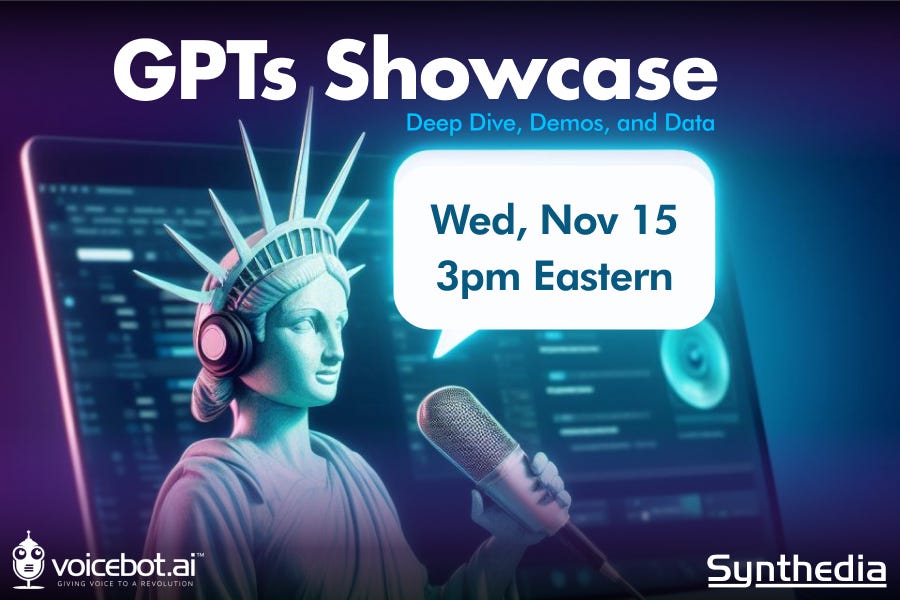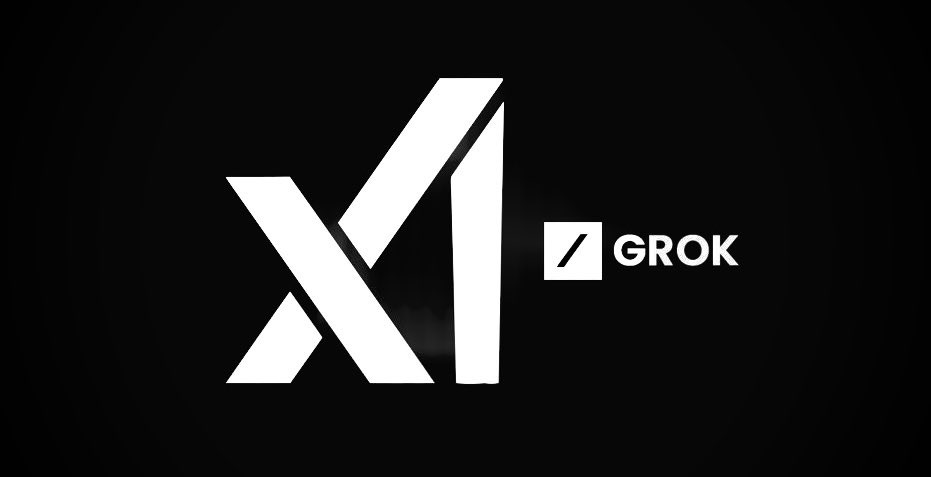OpenGPT is LangChain's Open-Source Answer to OpenAI's GPTs
Is LangChain really shooting for parroty 🤣 here?
LangChain has released its own open-source version of OpenAI’s GPTs. While GPTs are housed within the ChatGPT experience and currently are exclusive to Plus subscribers, anyone can build or use their own GPT-style OpenGPTs today. There is also a free playground that throws errors frequently, but then again, so do OpenAI’s GPTs. According to the GitHub repository creator:
This is an open source effort to create a similar experience to OpenAI's GPTs. It builds upon LangChain, LangServe and LangSmith. OpenGPTs gives you more control, allowing you to configure:
The LLM you use (choose between the 60+ that LangChain offers)
The prompts you use (use LangSmith to debug those)
The tools you give it (choose from LangChain's 100+ tools, or easily write your own)
The vector database you use (choose from LangChain's 60+ vector database integrations)
The retrieval algorithm you use
The chat history database you use
OpenGPTs has 2,800 stars GitHub and has been forked over 200 times. The creator indicated that it plans to match OpenAI feature-for-feature.
As much as possible, we are striving for feature parity with OpenAI.
Sandbox - Provides an environment to import, test, and modify existing chatbots.
The chatbots used are all in code, so are easily editable
Custom Actions - Define additional functionality for your chatbot using OpenAPI specifications
Supported by adding tools
Knowledge Files - attach additional files that your chatbot can reference
Coming soon
Tools - Provides basic tools for web browsing, image creation, etc.
Basic DuckDuckGo and PythonREPL tools enabled by default
Image creation coming soon
Analytics - View and analyze chatbot usage data
Use LangSmith for this
Drafts - Save and share drafts of chatbots you're creating
Supports saving of configurations
Publishing - publicly distribute your completed chatbot
Can do by deploying via LangServe
Sharing - Set up and manage chatbot sharing
Can do by deploying via LangServe
Marketplace - Search and deploy chatbots created by other users
Coming soon
More Flexibility and Control
The key selling points for OpenGPTs are flexibility and control. You can connect to more than 60 LLMs, and there are no restrictions on what you create, the features supported, or the output. In addition, you control your data privacy and security policies. If you are willing to create and host the solution, these controls can be an advantage that protects against solution obsolescence, data privacy risks, and feature incompatibility.
The playground app is easy to use and serves as a decent demonstration product. It is not as robust as GPTs because it doesn’t enable you to configure them through a conversational interaction. It also appears you cannot edit them after publishing. But that really isn’t the point. Lang Chain is not trying to provide a consumer-style interface, even though it is a no-code solution.
OpenGPTs playground is designed to show businesses and developers what they can do. There is an expectation that developers will add more robust functionality and a more sophisticated UI when implementing the solution.
Interestingly, the default solution behind the playground demonstration is OpenAI, and selecting Azure OpenAI Service is another option. So, this isn’t entirely an anti-OpenAI endeavor. It is positioned more as an open-source alternative.
Non-Commercial Use
The licensing documentation restricts OpenGPTs. Rules stipulate that OpenGPTs are currently for non-commercial use today. Companies can use the software today, but they cannot resell it.
## Copyright License
The licensor grants you a non-exclusive, royalty-free, worldwide, non-sublicensable, non-transferable license to use, copy, distribute, make available, and prepare derivative works of the software, in each case subject to the limitations and conditions below.
## Limitations
You may not provide the software to third parties as a hosted or managed service, where the service provides users with access to any substantial set of the features or functionality of the software.
How will LangChain Aggregate Users?
The biggest challenge facing LangChain will be aggregating users. This is something that OpenAI already has access to through the 100 million weekly active users of ChatGPT and several million Plus subscribers. The LangChain playground is consumer accessible, but it doesn’t look like it’s designed to scale for consumers. There are too many UI gaps at the moment for it to truly take off. The GitHub doc even refers to the playground as a “simple, hosted version.”
If consumers and prosumers aren’t going to build OpenGPTs at the rate of a thousand per day, that means the solutions will initially lack scale. They will also lack awareness of each other.
OpenAI understands which GPT a user is employing and how. LangChain may be building a marketplace to become a unifying location for all OpenGPTs, but, that will only lead to limited visibility around each “assistant.” The solution relies on a large language model (LLM) running on a particular company’s own infrastructure. It is unclear how much visibility LangChain can provide across platforms because it does not have one unified solution to pass most of the activity through.
I recommend you give OpenGPTs a try and see what you think.
Learn More About GPTs
If you want to learn more about GPTs, Synthedia is hosting a special event at 3:00 pm ET on Wednesday, November 15th, that will showcase more than 10 GPT demos and provide developer/creator learnings and tips about the solution. Roger Kibbe will be my cohost, and you will surely recognize several of the GPT creators.
GPTs Showcase will be livestreamed on LinkedIn and YouTube. If you can’t make it but register, we will send you a link to watch the recording. Otherwise, I hope you can join us live to watch the demos, ask questions, and contribute comments. I hope to see you there.
OpenAI's Bid to Become a Data Titan - Distilling the 4-Pronged Generative AI Data Strategy
The phrase “data is the new oil” was provocative in 2006 but may seem dated to many in 2023. There is also the question of whether it was true. Sure, data was a central asset for a privileged few. Google, Facebook, and Amazon each created multiple billion-dollar businesses on it. Bloomberg, Nielsen, Yelp, Experian, Fair Isaac, IRI, and others have made …
What is Grok? Is X.ai's Chatbot for Twitter Really Better Than ChatGPT?
Grok is an AI modeled after the Hitchhiker’s Guide to the Galaxy, so intended to answer almost anything and, far harder, even suggest what questions to ask! Grok is designed to answer questions with a bit of wit and has a rebellious streak, so please don’t use it if you hate humor!







